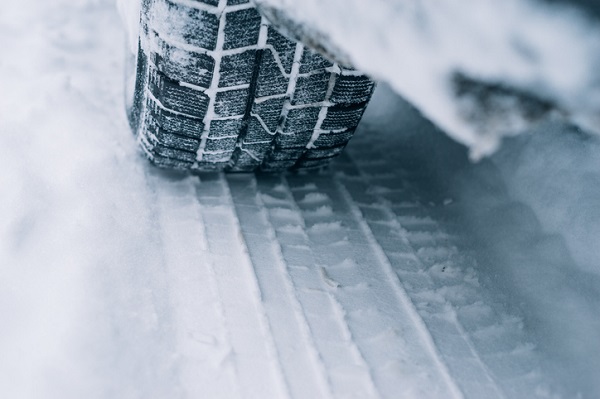Want to Become a Mechanic? Here’s Everything You Should Know About Winter Tires

Driving in the winter months can be dangerous, especially for areas in Canada which are prone to severe weather. Black ice and snow can quickly accumulate on the road, and in order to keep drivers safe, it’s recommended that they change to winter tires as the weather gets colder.
Recently, winter tires were reported to be used by 67.9% of Canadians, and are mandatory by law in Quebec. Although winter tires are the best option for winter driving conditions, many people often choose all-season or all-weather options, which are less effective in winter weather. If you are interested in mechanic school and want to learn more, read on to find out the science behind winter tires.
What Makes Winter Tires so Important to Mechanic Schools?
It’s one thing to say that winter tires can improve road safety and prevent collisions or accidents, and it’s another to ask: how does it work?

Winter weather typically brings ice, and this can cause cars to hydroplane when water gathers on the surface of the tire. Winter tires were once designed with deep treads, which resulted in compromised stability because the treads deflected under acceleration and braking. Current winter tires, which graduates of mechanic schools might see, feature shallower treads with more closely-spaced grooves. These prevent water from gathering when the tires compact ice or snow, making the tires more stable on hazardous roads.
Auto Mechanics Know When Winter Tires Should Be Used
Temperature is a crucial factor when it comes to winter tires. The general rule of thumb is to install winter tires when temperatures are expected to fall to or below 7⁰C. Depending on your location, temperatures may fall to the winter tire threshold as early as late November or early December, and the typical time period is expected to last between December 15 and March 15.
The rubber in traditional tires becomes harder with cold, which makes manoeuvring the car more difficult. The introduction of advanced rubber compounds to winter tires means that they are softer, and a softer tread makes for more stable driving without additionally worsening wear or heat build up, and increases a tire’s overall grip ability. Simply put, winter tires stick better to asphalt in cold weather, which improves acceleration, handling, and braking capabilities.

Why Mechanics Should Recommend Winter Tires Instead of All-Season Tires
As mentioned earlier, many drivers choose all-season or all-weather tires over winter tires. However, as anyone who wants to become an auto mechanic may already know, all-season tires are designed as a compromise between winter and summer driving, and work best in driving conditions above 7⁰ C. Many areas of Canada experience winter weather which falls far below that threshold, making all-season or all-weather tires less equipped to handle winter driving conditions.
Tires which are used in the summer such as all-season or all-weather models use a different compound to stay firm in hot weather. This means that they perform poorly in winter weather because the firmness of the rubber hardens, making the car less capable of handling winter conditions.
Winter tires can also make a significant difference when driving in dangerous or hazardous conditions. The stopping distance of a car with winter tires can be between 30 and 40% shorter than a car using all- season or all-weather tires, further improving driver response time and adding a preventative measure against potential accidents.
Are you passionate about cars and want to learn more?
Contact your local Automotive Training Centre to find out how you can get involved in automotive courses in Canada.

